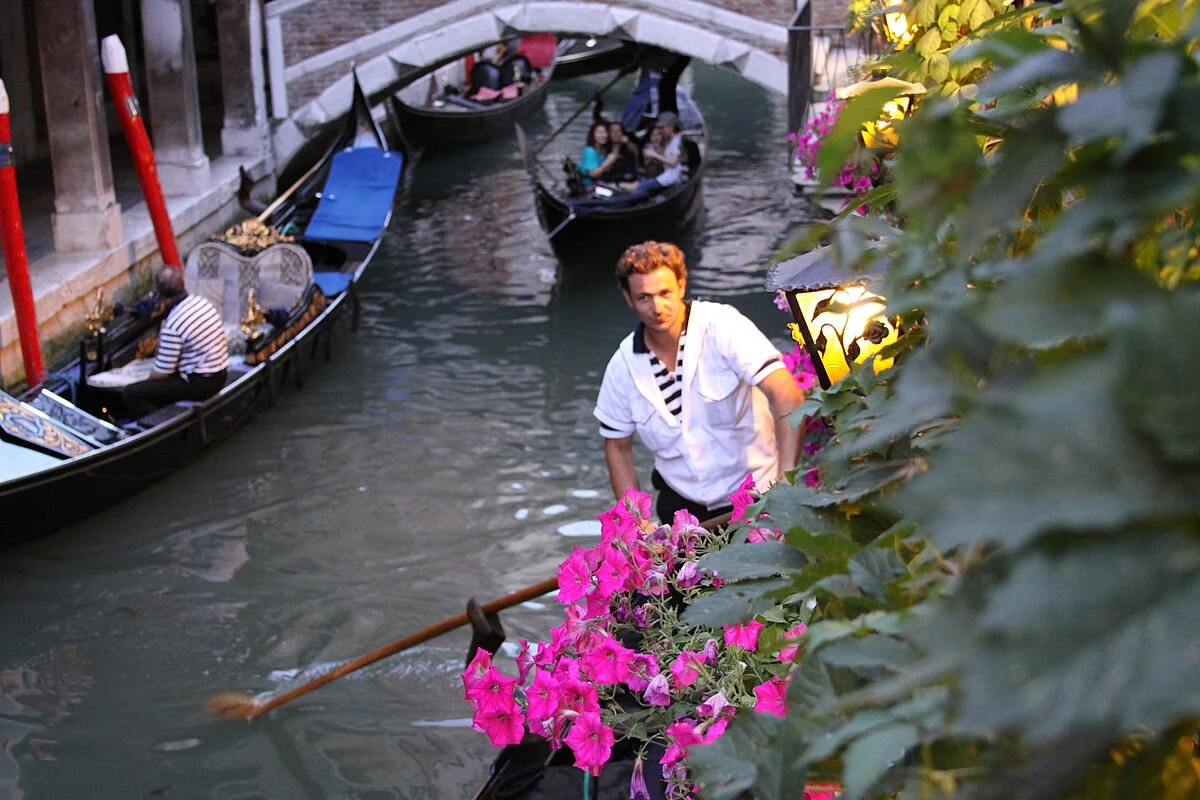
The Scandal That Rocked Venice’s Opera Scene
In a city renowned for secrecy, romance, and art, few stories blend them as perfectly as the Venetian opera leaked to gondoliers before opening night.
According to cultural historians and music archives, the event took place during the 18th-century golden age of Venetian opera, when musical rivalry was fierce, and theater premieres were city-wide spectacles.
Just days before the debut of a highly anticipated new opera, portions of the score and lyrics reportedly circulated among Venice’s gondoliers—the very men who ferried nobles and tourists through the canals. By the time the curtain lifted, melodies of the “secret” opera were already echoing across the Grand Canal, hummed by gondoliers and sung by locals who shouldn’t have known a single note.
Venice: The Birthplace of Public Opera
To understand why this leak was so shocking, you must first appreciate Venice’s historic relationship with opera.
The city was the first in Europe to make opera a public entertainment, not just a courtly luxury. The opening of Teatro San Cassiano in 1637 created a booming cultural industry.
By the 1700s, there were more than a dozen theaters in operation, and composers, librettists, and impresarios competed for fame and patronage.
Opera wasn’t just art—it was commerce, politics, and social status.
Any leak of a new composition before its premiere could destroy its financial success, as audiences prized novelty above all else.
Thus, when rumors spread that gondoliers were singing arias before the opera’s debut, it caused a sensation.
How the Opera Was Leaked to the Gondoliers
The details of how the Venetian opera was leaked remain murky, but historians offer several theories:
-
A Betrayal Within the Theater – Copyists or stage musicians, often underpaid, might have shared pages of the score with friends for quick profit or social favors.
-
Eavesdropping at Rehearsals – The open design of Venice’s theaters allowed sound to spill into the streets. Gondoliers waiting outside could easily memorize melodies.
-
A Composer’s Misstep – Some suggest the composer himself leaked snippets intentionally to stir anticipation, a risky early example of marketing hype gone wrong.
Whatever the cause, the result was the same: songs intended for the elite premiere spread among the working class, turning gondoliers into unwitting performers of forbidden music.
The Gondoliers’ Role in Venetian Culture
It might seem strange that gondoliers—boatmen and laborers—were at the center of an opera scandal. Yet, in Venice, gondoliers were more than just rowers.
They were storytellers, singers, and city icons, often serenading passengers with popular tunes. Their deep cultural presence made them natural conduits for music and gossip.
When the leaked opera music reached them, the gondoliers shared it widely through song, performing the arias across the canals at night. Some accounts claim that by the time of the official performance, half of Venice already knew the chorus.
This phenomenon blurred the line between elite art and popular culture, foreshadowing how music would eventually move from aristocratic salons to the public square.
Repercussions for the Composer and Venice’s Theaters
The aftermath of the Venetian opera leak was as dramatic as the music itself.
The composer—whose identity varies depending on the historical retelling—faced public embarrassment and financial loss. Ticket sales reportedly fell as curiosity waned; after all, people had already heard the tunes for free.
The theater owners tightened security:
-
Manuscripts were locked in vaults until the day of the performance.
-
Rehearsals were restricted to approved staff only.
-
Composers began to use coded musical notations to protect their ideas.
This event changed how Venetian theaters handled their productions, laying early groundwork for what we now know as intellectual property protection in the arts.
Legacy of the Opera Leak in Venetian Folklore
Today, the story of the Venetian opera leaked to gondoliers before opening night is remembered less as a scandal and more as a charming legend of Venice’s musical spirit.
It reminds us that art, once created, can never truly be contained.
Music flows like water—through canals, over bridges, into hearts. The gondoliers’ voices turned a private performance into a public celebration, bringing high culture to every ear along the lagoon.
Modern composers still reference this tale as an early example of viral music sharing, centuries before the internet. What began as a breach of secrecy became a moment of cultural democratization, when the songs of nobles became the songs of the people.
Final Thoughts: A Timeless Venetian Lesson
The Venetian opera leak teaches an enduring truth about creativity: once art is born, it belongs to everyone.
In 18th-century Venice, the gondoliers unknowingly bridged the gap between privilege and passion, ensuring that beauty was not confined to theater walls.
Whether viewed as scandal or serendipity, this event remains a powerful symbol of how art escapes control—and finds its way to those who love it most.
